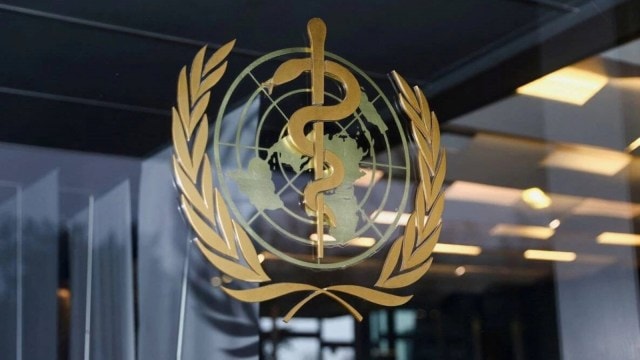Using mobile phones, no matter how long, is not linked to brain and head cancers, according to a comprehensive review of the highest quality evidence commissioned by the World Health Organization (WHO). The researchers found no increase in risk for cancers such as glioma and salivary gland tumours despite years of mobile use among subjects.
“We concluded the evidence does not show a link between mobile phones and brain cancer or other head and neck cancers. Even though mobile phone use has skyrocketed, brain tumour rates have remained stable,” said lead author Ken Karipidis in a release. The systematic review, led by the Australian Radiation Protection and Nuclear Safety Agency (Arpansa), examined more than 5,000 studies on the subject.

The review is significant as for years many myths had been swirling around about the side effects of wireless technology devices like mobile phones emitting radio-frequency electromagnetic radiation, also known as radio waves. In fact, the WHO’s International Agency for Research on Cancer (IARC) had designated radio frequency and electromagnetic fields as a possible carcinogen in 2011.
WHY IS THE STUDY SIGNIFICANT?
The researchers examined 5,060 studies for the analysis but selected only 63 that investigated causal relationship — meaning studies that were designed to find out whether exposure to radio-frequency and electromagnetic radiation caused the cancers.
When the IARC termed radio-frequency and electromagnetic field as possibly carcinogenic in 2011, it was largely based on positive associations seen in case-control studies (studies that look at the difference in incidence of cancers in groups using and not using cell phone), which might have been biased based on what the participants recalled, the current analysis said.
Not only did the review find no overall association between mobile phone use and cancer, it overruled any risk with prolonged use (for those using their mobile phones for 10 years or more) and frequency (the number of calls made or the time spent per call).
WHAT DO ONCOLOGISTS SAY?
Dr Abhishek Shankar, oncologist from the All India Institute of Medical Sciences (AIIMS) Delhi says mobile phone usage was never really thought of as a preventive strategy for cancer. “The radiation from cell phones is non-ionising — the ones that don’t cause cancer. The radiation from say an X-ray machine, on the other hand, is ionising and can cause cancer. Ionising radiation has enough energy to break chemical bonds, remove electrons from atoms like in nuclear power plants and damage cells in organic matter.”
Story continues below this ad
Dr Pritam Kataria, medical oncologist, Sir HN Reliance Foundation Hospital-Mumbai, concurs, saying, “Mobiles emanate extremely low intensity radio waves and will definitely not have the same effect as when you are exposed to thorium, a naturally active radioactive material, in soil.”
As for the IARC’s classification of radio frequency electromagnetic fields as a possible carcinogen in 2011, he says, “The classification is like an alert, about a potential danger. It doesn’t estimate the extent of the danger and there is no definitive proof,” he adds.
While he agrees that this review has attempted to go by scientific evidence, he feels more studies need to be done to ensure it is fool-proof. “The problem with any study is that risk assessment is based on the accounts of patients and biases creep in. So while this crystallised review may seem cogent, we still need more studies and in large populations across geographies,” says Dr Kataria.
FOCUS ON OTHER RISK FACTORS
Dr Shankar recommends preventive screening and limiting risk factors like smoking. “These and taking vaccination for HPV can have a greater impact when it comes to preventing cancers,” he says.
Story continues below this ad
However, he still recommends keeping a check on the usage time. “While radiation from mobile phones may not cause cancers, excessive use can still lead to headaches, anxiety and hearing loss. People may still get addicted to games,” Dr Shankar says.
Dr Shyam Aggarwal, chairman, medical oncology, Sir Ganga Ram Hospital, Delhi, also alerts parents about unrestricted mobile use among children. “If they keep the mobile phone near their ears for four hours or more, they may develop addictive behaviours that have other consequences,” he says.

































